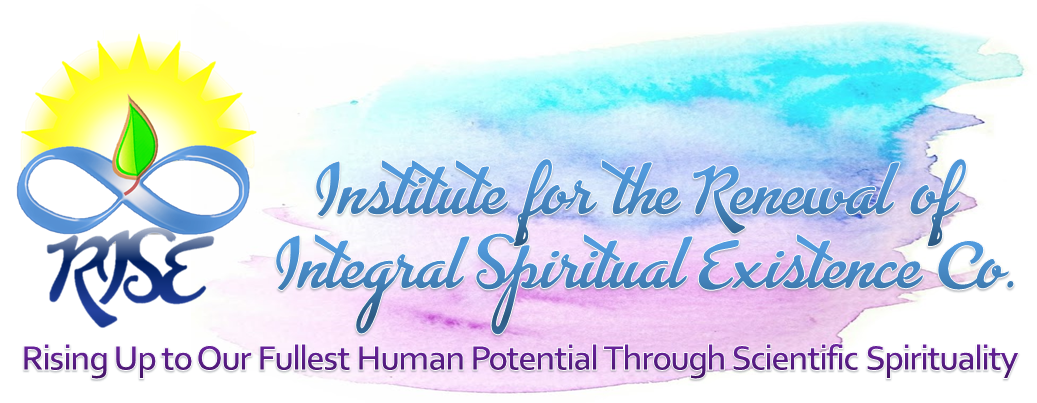The article “Multipolar Traps: Why Good Intentions Aren’t Enough for Systemic Change” explores the concept of multipolar traps, where individual actors, despite recognizing harmful outcomes, are compelled to engage in detrimental behaviors due to competitive pressures and systemic incentives. It argues that merely having good intentions is insufficient for enacting meaningful social change, as these traps create a cycle of short-term gains that ultimately harm everyone involved. The author illustrates this with examples from social media, corporate practices, and international relations, emphasizing that the current systems often incentivize destructive behaviors over sustainable practices. To address these challenges, the article advocates for a multifaceted approach that includes both short-term and long-term strategies, encouraging a shift in consciousness and systemic design to foster environments where collective well-being aligns with individual incentives.
Editor’s Note: The insights presented in this article on multipolar traps reveal a critical understanding of the complexities inherent in enacting systemic change, highlighting that well-meaning intentions alone cannot overcome the entrenched dynamics of competition and self-interest that dominate many societal structures. This perspective compels us to reconsider our approaches to social and environmental challenges, recognizing that superficial solutions often fail to address the underlying systemic issues. The article underscores the necessity for innovative frameworks that align individual incentives with collective well-being, suggesting that true progress requires a fundamental rethinking of how we design our systems and institutions.
By fostering collaboration and shared accountability, we can begin to dismantle the cycles of harm perpetuated by current paradigms, paving the way for more resilient and equitable futures. Ultimately, this calls for a profound cultural shift towards valuing long-term sustainability over short-term gains, challenging us to cultivate a collective consciousness that prioritizes holistic well-being in every aspect of our lives.
Read Original Article
Read Online
Click the button below if you wish to read the article on the website where it was originally published.
Read Offline
Click the button below if you wish to read the article offline





